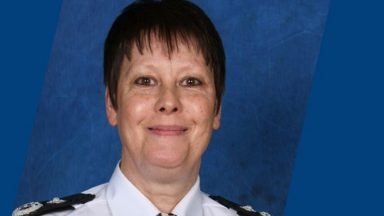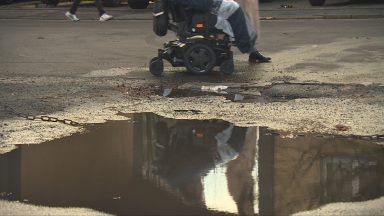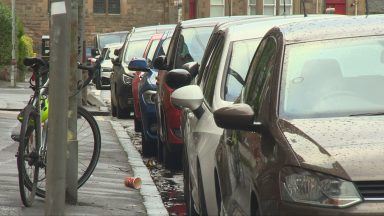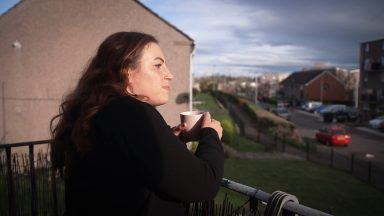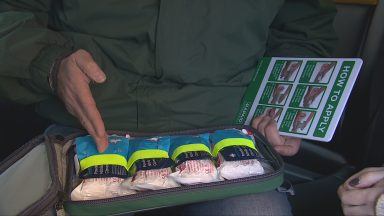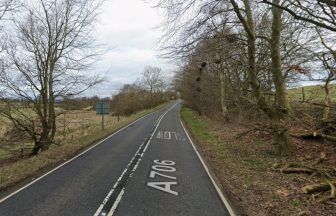New pubs, restaurants, and off-licenses will not be prevented from selling alcohol due to too many of them being nearby, in a move a councillor has said will harm public health.
Edinburgh’s licensing board voted to remove its overprovision policy on Tuesday, which allowed alcohol licenses to be rejected on the grounds that too many exist in an area.
Councillors said the policy was “outdated” and suggested there was little evidence it had been effective in reducing harm.
The decision was opposed by NHS Lothian on public health grounds, saying that excess availability of alcohol causes an increase in harm.
Police Scotland also submitted a statement to the board, pointing out the public safety harms linked to alcohol.
Alison Douglas, chief executive of Alcohol Focus Scotland said: “Alcohol availability is a key driver of harm – the more accessible alcohol is, the more people drink, and the more harm communities experience as a result.
“We would encourage all licensing boards to make full use of the powers available to them and to ensure that both their overprovision policies and broader licensing decisions are informed by local evidence of availability and harm and shaped by the views of key stakeholders.
“This is essential if we are to meaningfully reduce alcohol-related harm and build healthier, safer communities.”
The board voted five to three to scrap the policy, with SNP councillor Catherine Fullerton putting forward a motion to ditch it and Conservative councillor Jason Rust seconding it.
Cllr Fullerton said: “On the ground, there doesn’t appear to be evidence sufficient enough to warrant an overprovision policy, in my view.”
Cllr Rust said the board already had enough tools to regulate venues and stores that sell alcohol.
He said: “We have a position where there can be very robust considerations against the licensing objectives, the terms of the license and the operation of those premises are significant, as is the adherence to the licenses in meeting these objectives.
“I do feel the overprovision [policy] is a pretty blunt tool. I appreciate, and Cllr Booth has obviously highlighted, the public health aspect, and I do welcome the comments from the NHS.
“But I’m still not clear that overprovision has decreased alcohol-related harm. In a way, I think it’s an outdated provision. I don’t think that blanket provision is necessarily useful.”
Green councillor and co-convener Chas Booth voted against scrapping the overprovision policy, saying: “This is a deeply retrograde step for public health and removes one of the crucial tools of the licensing board when it comes to prioritising public health.
“The licensing board heard clear evidence from NHS Lothian that “increased alcohol outlet density is associated with harms to health” and yet the majority of board members chose to ignore this.
“Meanwhile, Police Scotland also urged the Board to continue to have an overprovision policy, and these pleas also fell on deaf ears.
“Some of the board members who supported the scrapping of the policy seem to have put pub company profits ahead of public health, and they should be utterly ashamed of that.”
Prior to the decision, overprovision was one of several options the board had to reject an application.
The licensing board did not regularly use it as an outright tool to reject licensing applications, but often used it to place restrictions on licenses.
By statute, councils must grant alcohol licenses unless one of the reasons to refuse them set out by law is met.
Liberal Democrat councillor Louise Young, convener of the licensing board, said: “Whilst I voted to retain the policy, I respect the differing views and the majority decision of the Board to remove it.
“There was a clear difference in opinion among board members on whether having a policy was the right approach.
“I voted in favour, believing that the evidence presented, in particular by the police and NHS, showed a correlation between availability of alcohol and health issues relating to alcohol consumption.”
She added that she was concerned that the removal of overprovision areas will make it harder for the board to ‘manage the availability of alcohol in areas of the city which are already well provided for’.
Prior to the policy being scrapped, several areas, including the Old Town, were designated areas of overprovision, which acted as a signal that there were already enough alcohol-serving venues or off-licenses nearby.
Ashley Goodfellow, acting director of Public Health, NHS Lothian, said: “Excessive alcohol consumption is linked to serious physical and mental health issues including liver disease, stroke, cancer, brain damage and high blood pressure, as well as a higher risk of injury and premature death.
“There is good evidence that when alcohol is more readily available, people buy and drink more, resulting in an increase in harm. It also increases the exposure that children and young people have to alcohol.
“Edinburgh is already the local authority with the greatest alcohol outlet availability in Scotland. To protect public health, NHS Lothian recommended that the Overprovision Policy should remain, in order to avoid further proliferation of alcohol-selling premises.”
Follow STV News on WhatsApp
Scan the QR code on your mobile device for all the latest news from around the country


 iStock
iStock





